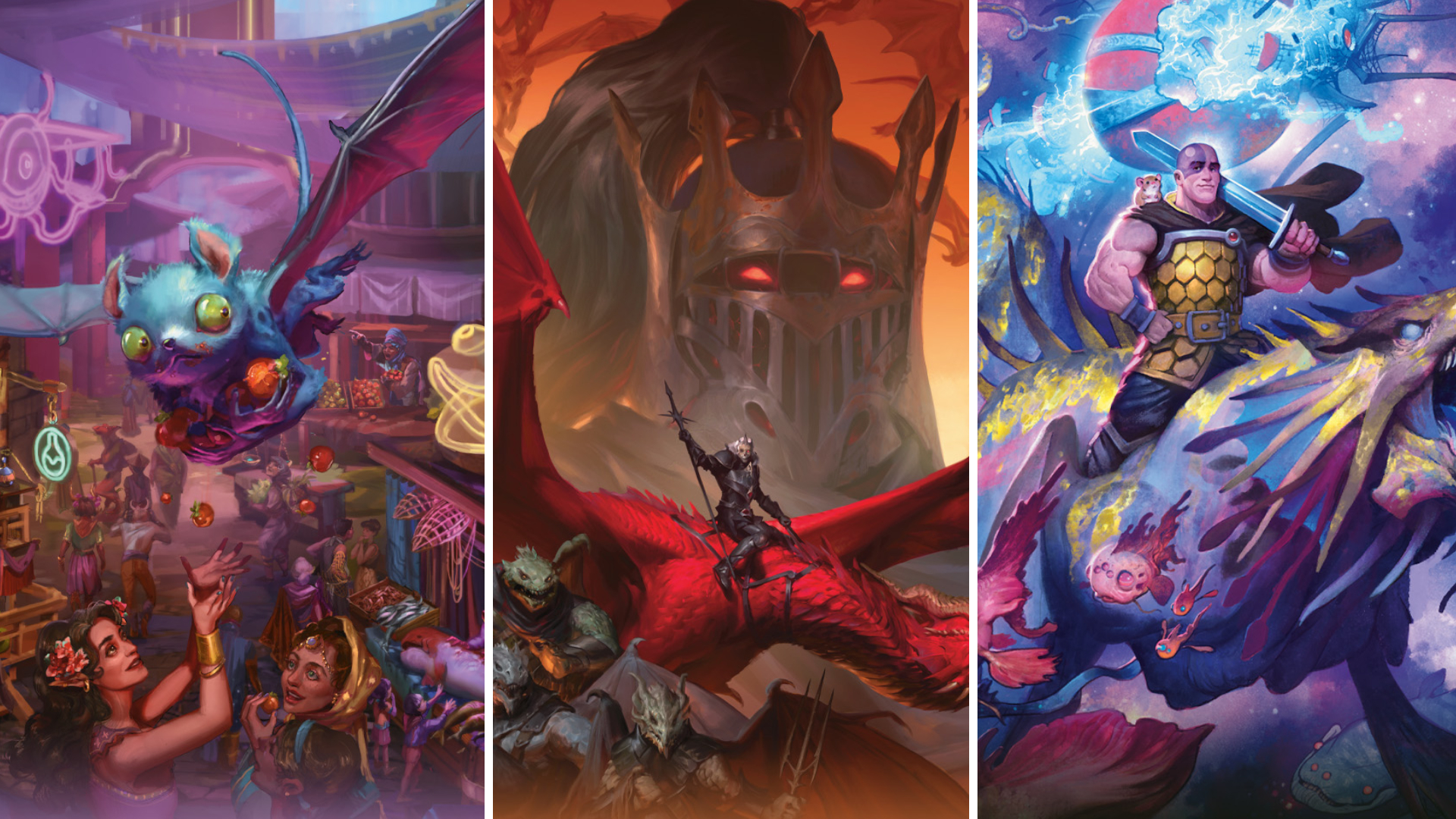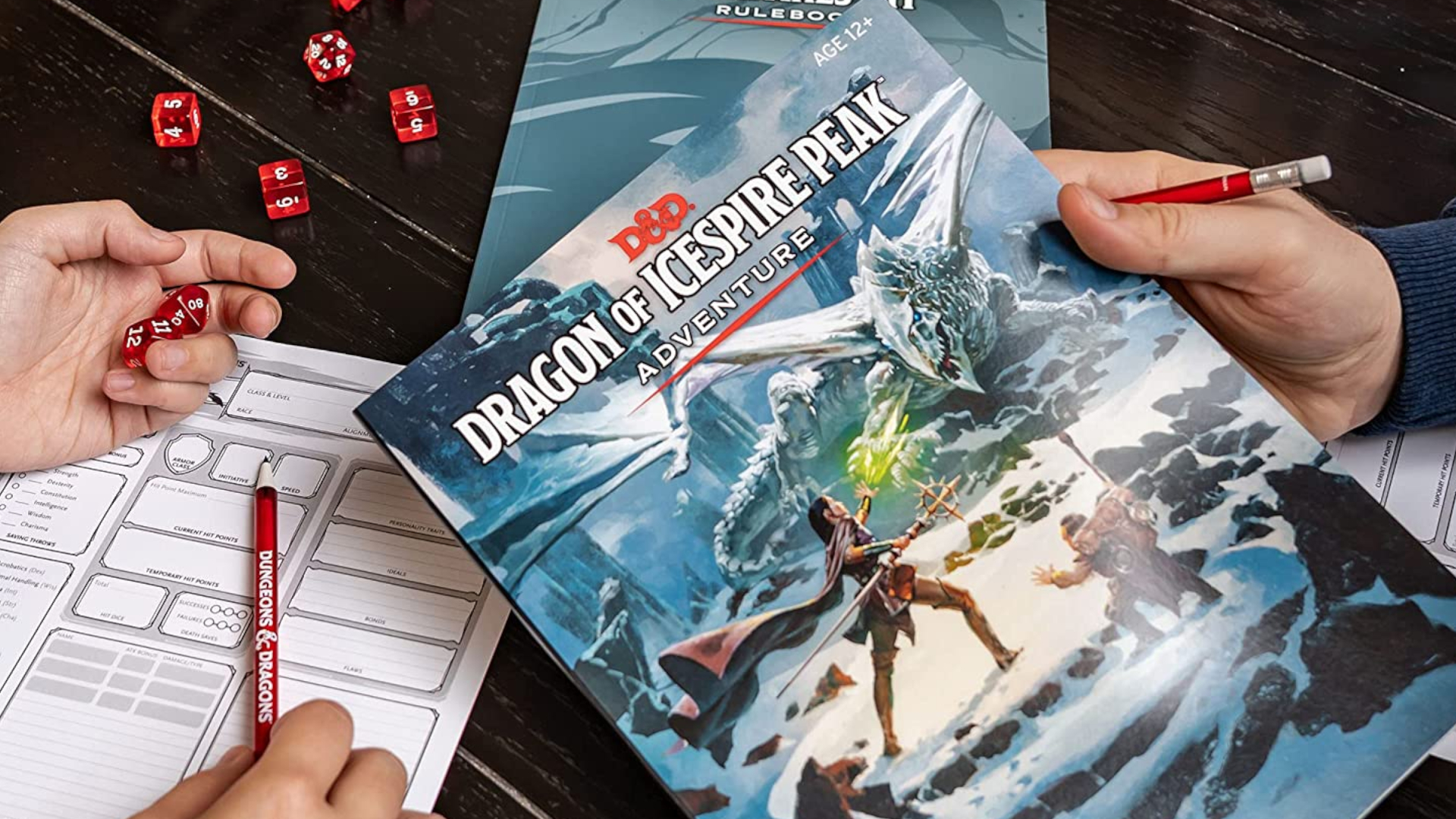D&D publisher changes its mind on license changes, giving users core mechanics "forever"
It's a surprise outcome few saw coming

Update (Jan 27, 2023): Since the publication of this article, publisher Wizards of the Coast has announced that the D&D OGL won't be changing anymore due to the overwhelming public response.
Original story follows.
In a surprise move, D&D has revealed that the game's core mechanics are being made available to everyone through the Creative Commons, and its new OGL (or 'Open Game License') will apparently provide you with a "perpetual, irrevocable license" to use iconic Dungeons & Dragons elements like the owlbear.
Following an apology for the licensing controversy that's been raging across the community this month, D&D publisher Wizards of the Coast revealed that it was going in an entirely different direction to the one that caused so much outrage at the beginning of January. To be precise, gameplay systems for one of the best tabletop RPGs won't be gated behind contentious changes (like registration and financial reporting) as initially feared. Instead, the "Creative Commons license we picked lets us give everyone those core mechanics. Forever. Because we don't control the license, releasing the D&D core rules under the Creative Commons will be a decision we can never change."

According to gaming lawyer and Premack Rogers P.C. partner Noah Downs, the Creative Commons move is a "nothing burger" because game mechanics can't be protected under US copyright law. However, it's still a step in the right direction. Namely, it provides more license security for third-party content creators. You can see his breakdown of the new OGL in our interview.
As for the new Open Game License itself, Wizards of the Coast states that there will be "no royalty payment, no financial reporting, no license-back, no registration, no distinction between commercial and non-commercial [projects]" as first planned. In addition, "OGL 1.2 lets us act when offensive or hurtful content is published using the covered D&D stuff. We want an inclusive, safe play experience for everyone. This is deeply important to us, and OGL 1.0a didn't give us any ability to ensure it."
With that in mind, the original OGL is still being wound down to stop harmful content sidestepping the new license. However, anything already published with - or, as the D&D Beyond Twitter account states, anything currently in production under - the original license can still continue using it.
Feedback on this new system will be live from today (January 20), and it'll remain open until February 3. The D&D team will then respond on February 17.
Weekly digests, tales from the communities you love, and more
You can check out the full post here, including a draft version of the new OGL.
It's been a busy month in the tabletop RPG world; along with D&D rival Paizo creating its own license in response to the controversy, so many people canceled their online D&D subscriptions that it crashed the page. Those behind Dungeons & Dragons were then forced to respond with an apology, stating "it's clear from the reaction that we rolled a 1."

I've been writing about games in one form or another since 2012, and now manage GamesRadar+'s tabletop gaming and toy coverage. You'll find my grubby paws on everything from board game reviews to the latest Lego news.


